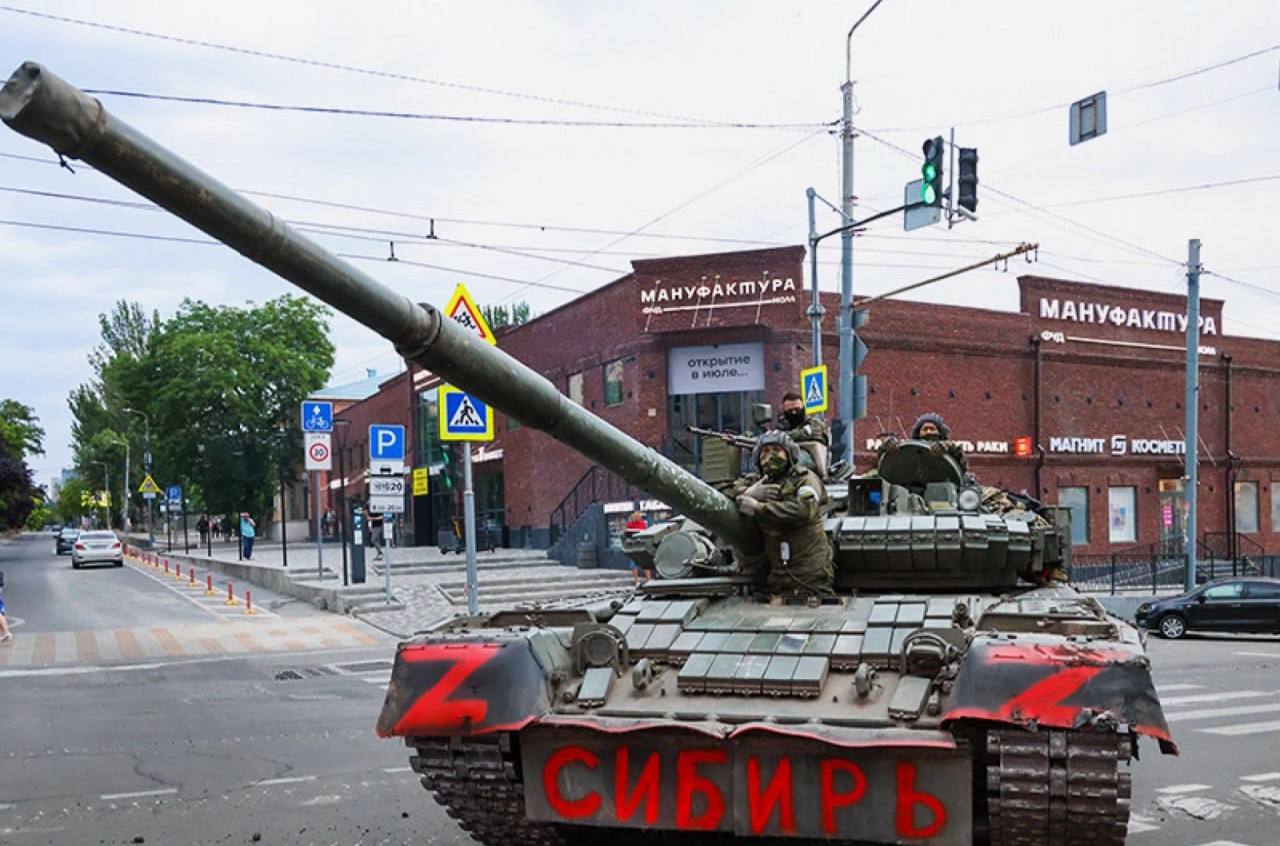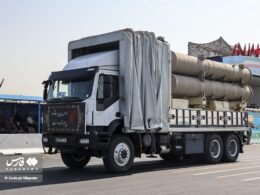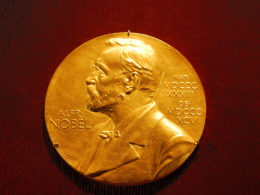The UK government postponed plans to designate Russia's Wagner Group as a terrorist organization following an attempted revolt by its head Yevgeny Prigozhin and statements by President Vladimir Putin, The Times reports.
The newspaper says the legal basis for blacklisting Wagner was complicated because it relied on the group operating as a paramilitary formation.
But the situation grew more complex after the aborted mutiny, Prigozhin's sudden about-face to strike a deal with the Kremlin, and Putin's remarks affirming state funding of Wagner mercenaries.
According to The Times' government sources, blacklisting the company would be tantamount to banning an agency of the Russian government, which would be "highly unusual and involve a number of diplomatic and legal complexities."
However, the Times reports UK officials still aim to find a way to designate Wagner terrorist, despite the turmoil caused by Prigozhin's short-lived rebellion against Putin's war strategy.
Last week, a UK parliamentary committee sharply criticized the government for underestimating the threat from Wagner. The UK also recently sanctioned entities linked to Wagner violence in Africa.
Russia funded Wagner, Putin said days after mutiny
Russian President Vladimir Putin admitted at a meeting with the Defense Ministry on June 27 that the Russian state fully provided for the maintenance of the Wagner PMC. Earlier, the Kremlin had repeatedly denied involvement in the group's financing.
According to Putin, “only from May 2022 to May 2023 the state has paid to Wagner 86,262,000,000 rubles (about $1 billion) as cash allowance and incentive payments,” of which allowance amounted to $823.5 bn, incentive payments to $185.7 bn.
Putin added that 110,179,000,000 rubles ($1.289 bn) were allocated to insurance payments.
Wagner mutiny in Russia: a recap
The conflict between Wagner owner Yevgeny Prigozhin and the Defense Ministry escalated after the ministry tried to take control of all Russian mercenary groups and demanded that before 1 July, all private military groups sign contracts with the ministry.
In the night of 23 June, Wagner financier Yevgeny Prigozhin accused the Russian MoD of striking a Wagner camp and announced a “march for justice,” vowing to “stop” Moscow’s top military leadership.
After seemingly effortlessly taking control of Rostov, Wagner's columns started a march on Moscow but stopped short of the capital.
Russia opened criminal proceedings against Wagner financier Prigozhin, but following negotiations with Belarusian dictator Lukashenka, Putin allowed Prigozhin and willing Wagner fighters to depart to Belarus. The others are required to sign contracts with the Russian army.
For years, Russian President Vladimir Putin had denied official links to Wagner Group, which formally has been a private military company, but after the Wagner mutiny, Putin confirmed that the group was 100% funded by the Russian state.
Efforts to designate Wagner as a terrorist organization
In November 2022, the Estonian government passed a resolution stating that Wagner members and mercenaries are a threat to the security of Estonia and its allies. The resolution also condemned the group's involvement in aggression and atrocities in Ukraine and other countries.
Lithuania followed suit in March 2023. Ukraine's parliament had designated Wagner as terrorist a month earlier, in February 2023.
In May, France’s National Assembly voted to designate Russia’s paramilitary Wagner group as a terrorist entity, calling on the EU to do the same.
Sweden has vowed to push towards EU recognition of Wagner as a terrorist group.
The European Parliament has also urged the European Council to place the Wagner Group on the terrorist list. The parliament has expressed concern over the group's role in annexing Crimea, destabilizing eastern Ukraine, and supporting authoritarian regimes in Africa.
The USA is considering designating the Wagner Group, a Russian private military group, as a foreign terrorist organization for its involvement in the Ukraine war and other conflicts. However, no final decision has been made yet, and some argue that labeling Russia as a state sponsor of terror would be more effective.
On 20 January 2023, the US Treasury Department announced that it would sanction the group as a transnational criminal organization and its support network, including North Korea, which has been supplying it with weapons. Additionally, a bipartisan group of US senators has called to designate the Wagner Group as a terrorist organization and urged the administration to act swiftly on this matter.
In June, the Parliamentary Assembly of the Organization for Security and Cooperation in Europe adopted a final declaration called Russia a state sponsor of terrorism and the private military company Wagner Group, a terrorist organization.
According to the final declaration, actions of the Wagner Group on behalf of the Russian government can be fairly characterized as terrorist, given that the President of the Russian Federation personally admitted that the Wagner Group was “fully funded” by the state.
This is the first time the statement “Russia is a state sponsor of terrorism” was enshrined in an official document of an international organization.





